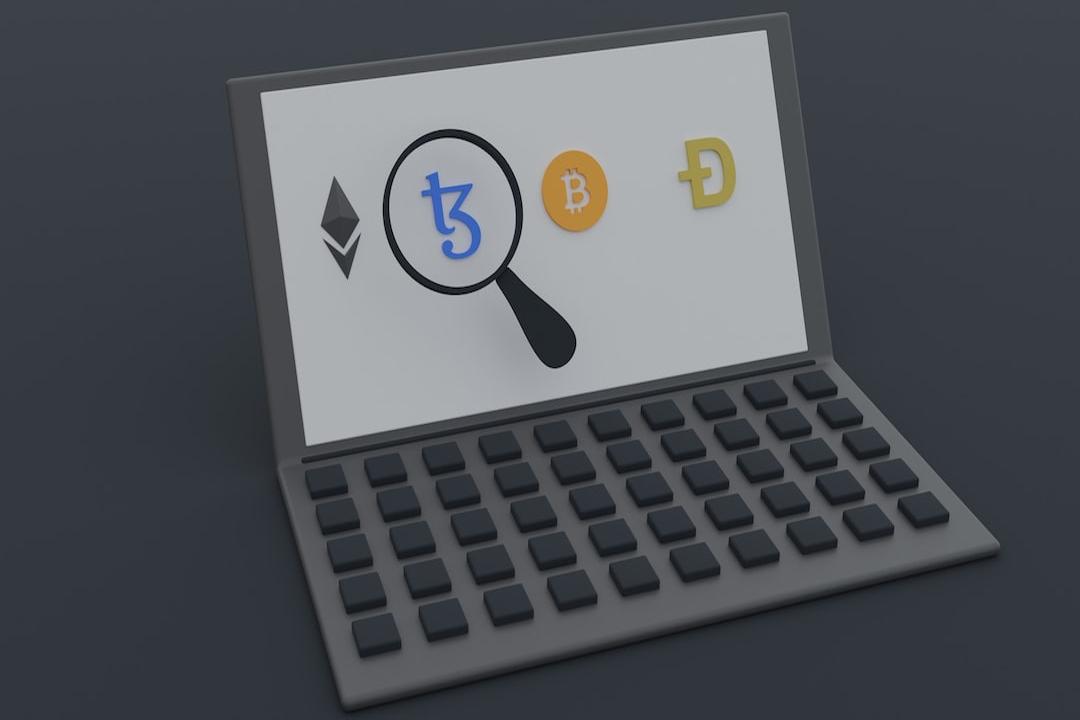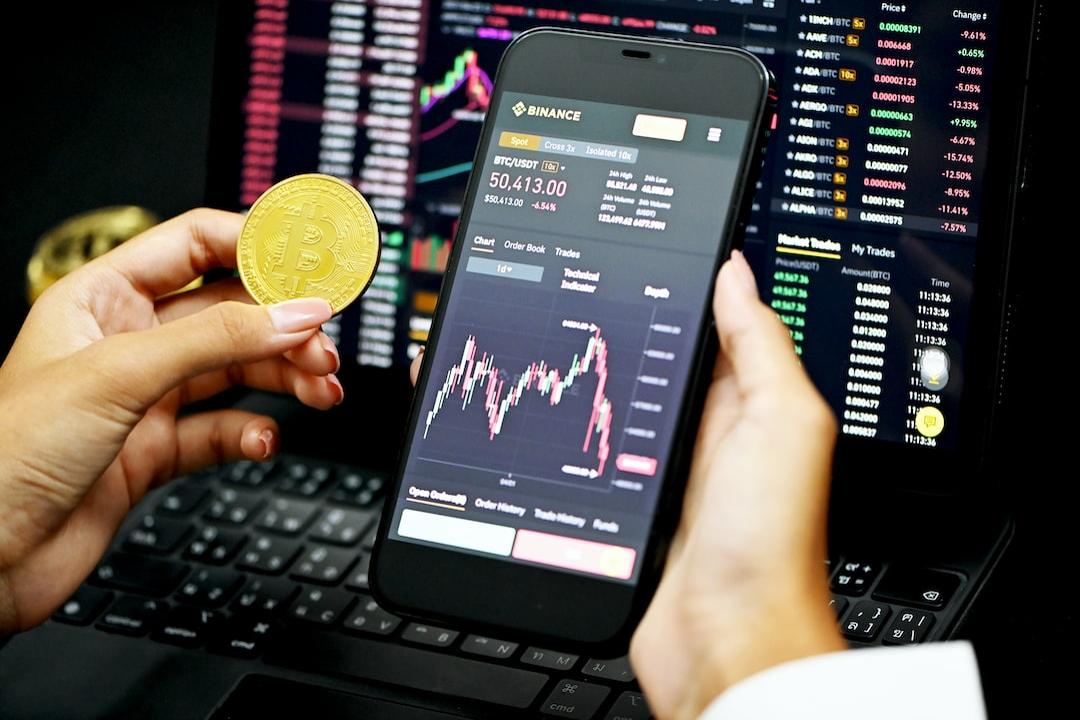What Happened?
The Ministry of Digital Development officially launched the “Digital Certificate Wallet” sandbox trial program, allowing the public to independently store credentials and choose what information to disclose. Identity verification can now be done via mobile phone, marking an important step in Taiwan’s digital transformation.
Currently, the Digital Certificate Wallet is in the sandbox trial phase, with a test version expected to be launched by the end of the year. Initial application scenarios include picking up packages at convenience stores, online car rentals, and verifying attraction tickets, with future expansions planned for government service applications, healthcare, tickets, and more.
The Digital Certificate Wallet emphasizes that it is voluntary for individuals to store their documents and choose what information to disclose, and it does not involve mandatory usage or the issuance of additional documents. The system adopts a decentralized architecture and complies with cybersecurity regulations, aiming to reduce the risk of personal data leakage. At the same time, mobile biometric technology enhances security for users.
Official Launch of the Digital Certificate Wallet Trial Program
Have you ever forgotten your ID when going out and found yourself unable to pick up a package at the convenience store? Or have you rummaged through various cards in your wallet while trying to process paperwork, only to find that one specific card missing?
In today’s increasingly digital world, traditional physical identity verification methods have gradually shown their inconveniences and limitations. The variety of cards, inconvenience of carrying them, the risk of loss, and the cumbersome identity verification processes not only cause daily inconveniences but also impact the efficiency of digital services and user experience.
To address the challenges of traditional identity verification, Taiwan’s Ministry of Digital Development launched the Digital Wallet project in 2024, planning to open a trial sandbox by the end of March this year, allowing the public to apply online to participate in testing, with hopes of trial operations by the end of this year (2025).
On March 10, 2025, Minister Huang Yen-nan officially announced the highly anticipated “Digital Certificate Wallet” trial program at a press conference, symbolizing an important step for Taiwan in the field of digital identity verification.

To verify the practical application effectiveness of the Digital Certificate Wallet and to widely solicit opinions from all sectors, the Ministry of Digital Development announced that the trial program for the Digital Certificate Wallet will officially begin at the end of March 2025.
Both government agencies, enterprises, and the general public can apply online.
Essentially, the basic digital wallet service provided by the government is completely free, so individuals applying for the test do not need to pay extra. However, the Ministry also pointed out that if individuals wish to use third-party applications or additional value-added services through the digital wallet, fees may apply.

Zhuang Ying-zhi, Director of the Digital International Department of the Ministry of Digital Development, also stated that currently, there appears to be a high willingness among convenience store operators to adopt the system, as even before discussions, some operators already had plans to implement the Digital Certificate Wallet.
The Ministry will optimize and adjust based on the trial results, laying the groundwork for the future official version of the Digital Certificate Wallet and striving for trial operations by the end of 2025.
What is the Digital Wallet?
Imagine that in daily life, we often need to prove to others “that you are you” or “prove that you meet certain qualifications,” such as verifying your identity to pick up a package, proving your age to buy alcohol, or demonstrating your educational background when job hunting.
This new service called “Digital Wallet” allows you to store physical cards issued by government departments, such as national ID cards and health insurance cards, or even employee IDs issued by companies, academic degrees, language proficiency certificates, transportation cards, etc., all in a digital wallet on your phone.

When you need to provide relevant proof, you can “retrieve the document with one device,” and when verifying your identity, you can control how much information the other party can see.
For example, when buying alcohol, you actually do not need to show your entire ID card, as the retailer only needs to confirm that the purchaser is the same person and of legal age. Through the digital wallet, you can display just the photo and date of birth, while other private information on the ID card, such as address and place of birth, remains hidden from the retailer.
In other words, the digital wallet acts like a document case stored on your phone, allowing users to more conveniently prove who they are while also protecting personal privacy, alleviating concerns over unnecessary disclosure of important personal information.
What About Cybersecurity Issues?
The advantage of the digital wallet is that it reduces issues related to document forgery or loss. Since it is used on a mobile device, unlike physical documents, it is less likely to be stolen or lost.
However, the public may be more concerned that if Chunghwa Telecom, which constructs the digital wallet, is attacked by hackers, personal data may be more easily leaked. In response to this concern, the Ministry of Digital Development stated that strict data protection laws and technologies will be implemented to safeguard user privacy and reduce the risk of digital surveillance. Furthermore, users can decide what information to share and control who can see the content of their documents.
The official website of the digital wallet also addressed this issue, stating that security depends on various factors, including system design, encryption technology, and user behavior. Generally speaking, digital certificate wallets that use multi-factor authentication and biometric identification are relatively secure. However, users are still advised to regularly update software and avoid performing sensitive operations in public Wi-Fi environments.
Zhuang Ying-zhi explained that the system architecture of the digital wallet is decentralized, hence there is no central database collecting everyone’s data, which can prevent incidents of massive data breaches caused by hacking of large databases.
Li Yue-yin, head of the cross-border applications section of the Ministry of Digital Development, also emphasized, “We are not issuing digital IDs; we are building according to international standards, so there will be interoperability for future cross-border usage.”
Additionally, considering the digital divide and the needs of older users, the use of the digital wallet is not mandatory. Therefore, if individuals still have concerns regarding cybersecurity, they can choose whether or not to use it.

